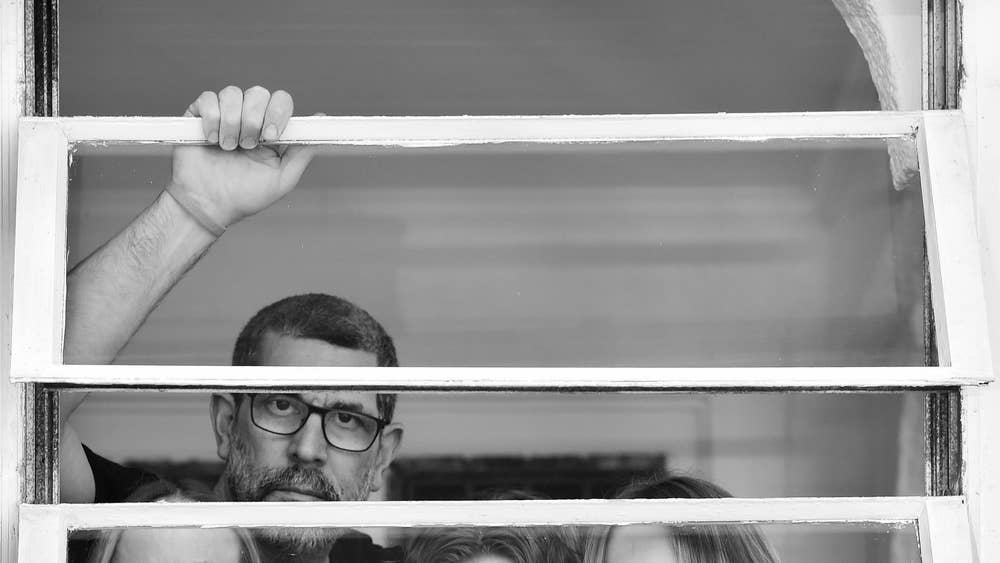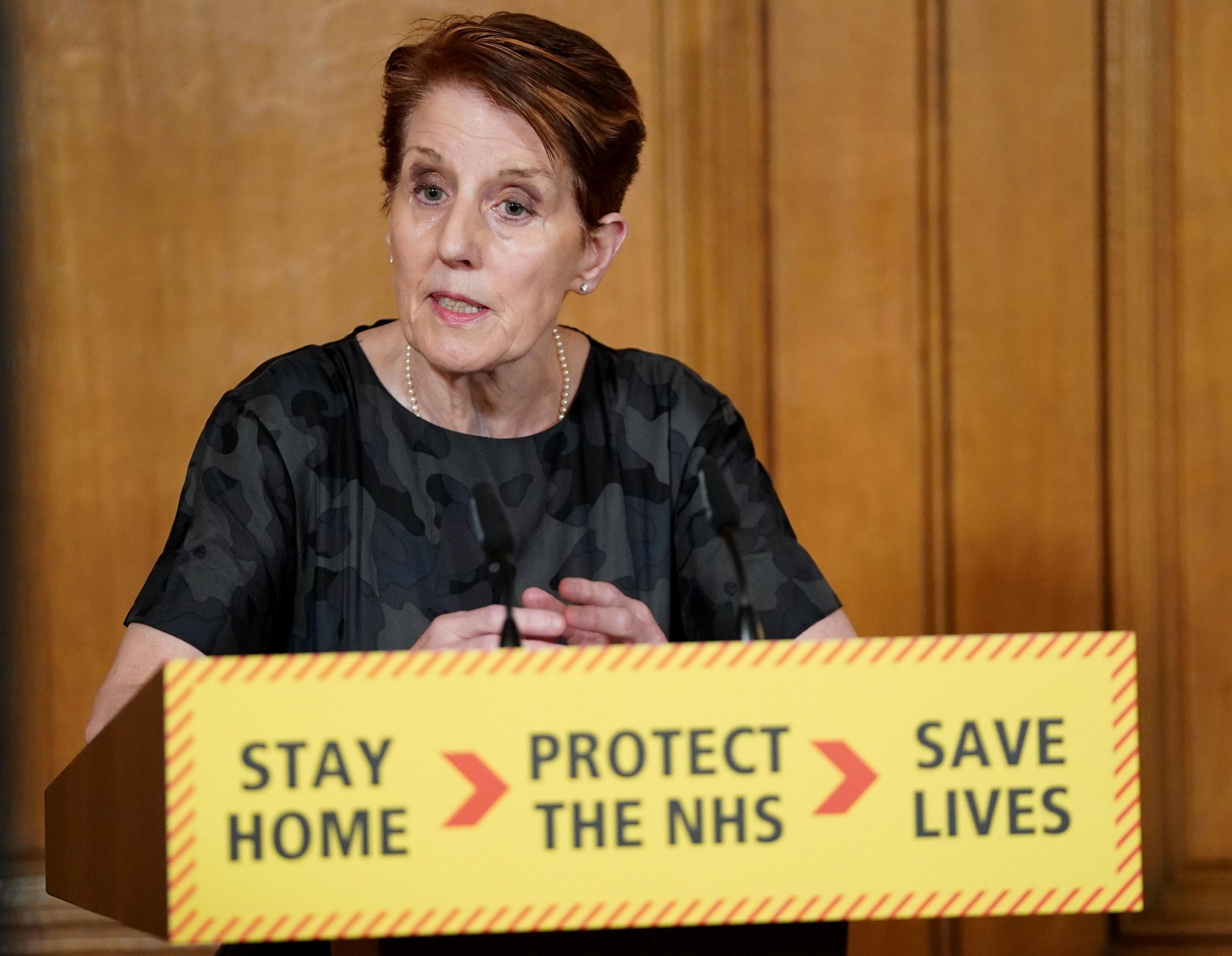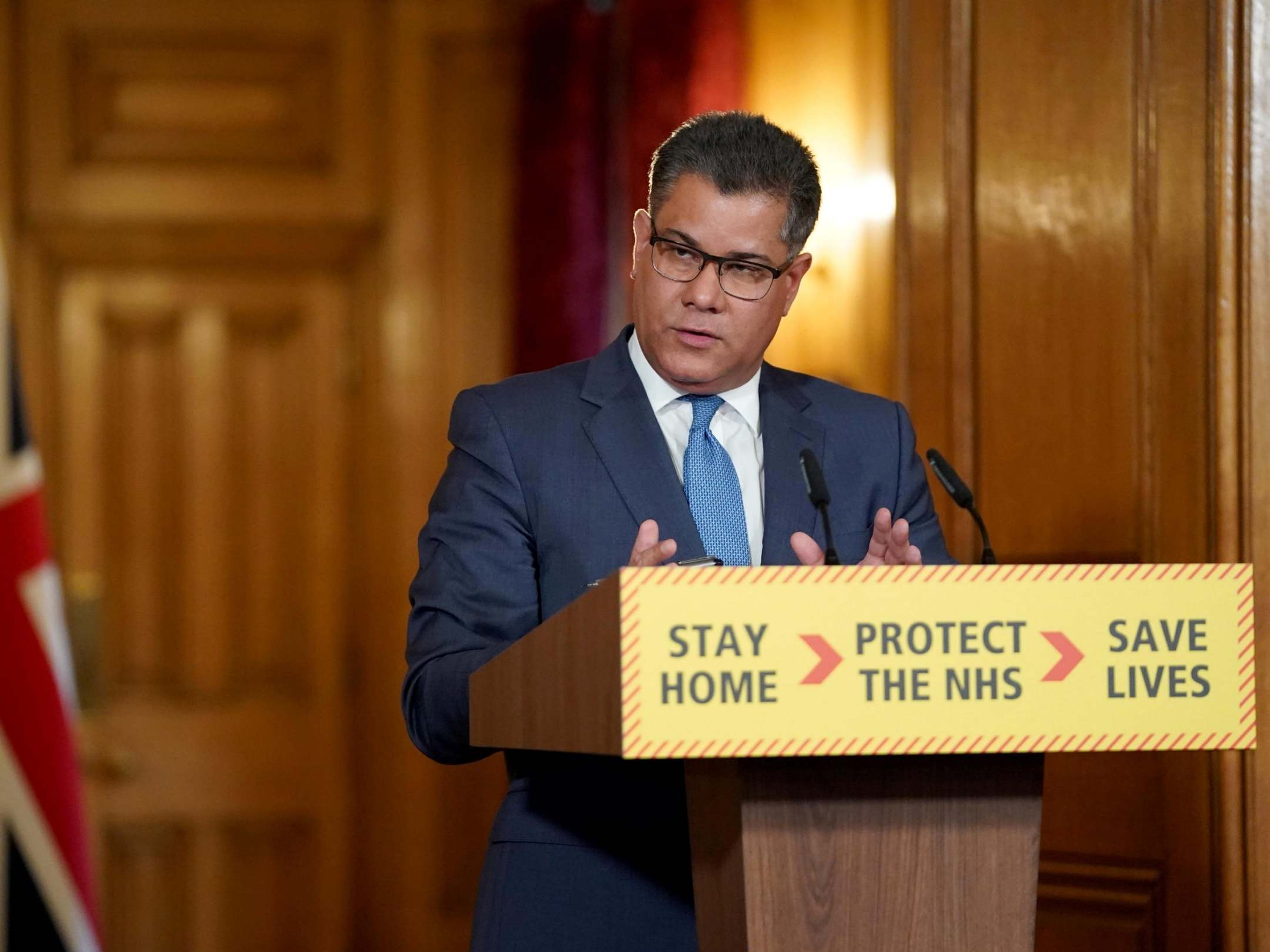Daniel Barker
Paddock Liberal Democrats Learn more
Coronavirus: Fewer than one in 50 NHS frontline staff forced to stay at home have been tested*
by danielbarker on 3 April, 2020
- Andrew WoodcockPolitical Editor @andywoodcock
Just 2,000 NHS frontline staff forced to stay home due to coronavirus have been tested to see if they can return to work, Downing Street has admitted.
The figure – a tiny fraction of the 125,000 staff believed to be self isolating – emerged as the government faced mounting criticism for its failure to move to mass testing for Covid-19.
Public Health England medical director Yvonne Doyle told a Downing Street press conference that officials hoped hundreds of thousands of staff would be tested “within the coming weeks”.
But ministers were unable to give clear answers on how quickly they can ramp up antigen tests, which show whether someone has the disease. They were also unclear over the question of when the UK will see the introduction of antibody tests, which indicate if an individual has been infected and recovered.
Industry figures and scientists questioned ministers’ claims that a lack of chemicals and swabs is to blame for the UK lagging behind Germany, where as many as 70,000 are being tested every day.

Unions issued a joint demand for personal protective equipment (PPE) for all frontline health and social care staff, warning that the lack of kit was “a crisis within a crisis”.
And there were demands for testing to be extended to all care home staff, with one MP claiming there has been rationing of antigen tests.
The UK’s death toll from the pandemic has now reached 2,352 after 563 patients who had tested positive died in hospital in one day.
Among them were 13-year-old Ismail Mohamed Abdulwahab, who reportedly died alone and without his family as he became the youngest victim in England. And retired doctor Alfa Saadu, 68, died from coronavirus after returning to the NHS to join the fight against the infection. Defence secretary Ben Wallace became the fourth cabinet minister to be hit by the disease.
NHS England wrote to all hospital trusts ordering them to lift a 15 per cent cap on the number of antigen tests devoted to staff, as it emerged that increased laboratory capacity was not being reflected in the number of tests completed.
The antigen test is regarded as crucial, as it could allow thousands of staff to return to work if they have been self-isolating because they or a member of their household has symptoms such as a persistent cough or high temperature.

The cap was blamed for the fact that fewer than 5,000 tests were conducted on Saturday, rising to 8,630 on Monday, at a time when labs have a capacity to complete 12,750 a day.✕
A new lab devoted to checking swab samples for coronavirus began operations in Milton Keynes as the government struggled desperately to push up capacity.
But Chris Hopson, chief executive of NHS Providers, which represents NHS trusts, said maximum testing capacity remained “very constrained” and there was “no immediate prospect of mass staff testing”.
Mr Hopson told the BBC that a small sample of tests from NHS staff over the weekend showed only 15 per cent were positive for coronavirus, and 85 per cent could go back to work.
He said on Twitter that if existing NHS pathology labs “had unlimited swabs and reagent, there would be enough test machine capacity to process around 100,000 tests a day”.
The Chemical Industries Association expressed surprise at minister Michael Gove’s claim of a shortage of reagents needed for the tests, insisting that they “are being manufactured and delivered to the NHS”.
And government adviser Peter Openshaw of Imperial College London told the BBC: “As far as I know there isn’t a great shortage of supply, so that’s really new to me.”
Asked if it could have been stockpiled in advance, he said: “Potentially, yes.” He criticised “pretty systematic underinvestment in the infrastructure we need to tackle this sort of thing over the past 10 years”.

Lincoln University associate professor Colin Butter said that universities and other institutions would have “lots” of kits to extract evidence of the virus from swab samples on their shelves and several companies were able to supply testing kits to order. It was “not clear” which reagents the government believed to be in short supply, he said.
Dr Al Edwards of Reading University’s school of pharmacy said there could be shortages of individual enzymes, swabs or containers in the current global rush to conduct tests.
But he said: “It’s hard to square the government suggestion that centrally we are running out of chemicals, with the comment this morning from (health secretary) Matt Hancock that local hospitals can use spare lab space to test staff – how can they do this if there aren’t enough reagents to do tests centrally?”
Warwick University’s professor of molecular oncology Lawrence Young said that today’s crisis highlighted a “lack of investment in virology over many years” in the UK.
While Germany had a “more joined-up approach” that had allowed its virologists to produce diagnostic tests as early as January, Britain’s response suffered from a lack of national co-ordination, he said.
In a joint statement, a group of industry bodies – the Association of British HealthTech Industries, Association of British Pharmaceutical Industry, BioIndustry Association and British In Vitro Diagnostic Association – said the life sciences sector was mobilising “in an unprecedented way” to make tests available to all NHS staff and patients.
“Inevitably, with the urgent and unprecedented demand for the new antigen tests across the world, demand is outstripping supply,” they said.
“A balance needs to be struck between rolling out at rapid speed and ensuring testing can be delivered reliably across the UK.”
Issuing their demand for more PPE, unions including the Royal College of Midwives and Unison said frontline staff were being exposed to “unreasonable and unnecessary risk” because of inadequate, out-of-date kit and said some had been threatened with disciplinary action for complaining.
The Royal College of Physicians underscored the importance of PPE support from the government. In fresh guidance to medical workers, the RCP’s ethics committee called on frontline staff to “immediately report any instance of being asked to care for patients without PPE to their clinical director”.
Meanwhile, Hove MP Peter Kyle wrote to Boris Johnson to demand testing and adequate PPE for all social care workers to protect residents of care homes.
Mr Kyle told the prime minister that he understood homes were being rationed to five coronavirus tests each, and warned conditions were “nothing short of a petri-dish that spreads infections”.
He wrote: “Bluntly speaking, when Covid-19 enters a care home with residents living into extreme old age, it will likely kill those it infects.
“There is only one strategy, therefore, to protect residents and that’s to stop the virus entering care homes at all.”
*taken from an article in The Independent
Content published and promoted by Willenhall Liberal Democrats all at 23 Lynwood Close, New Invention WV12 5BW
Leave a comment
Leave a Reply